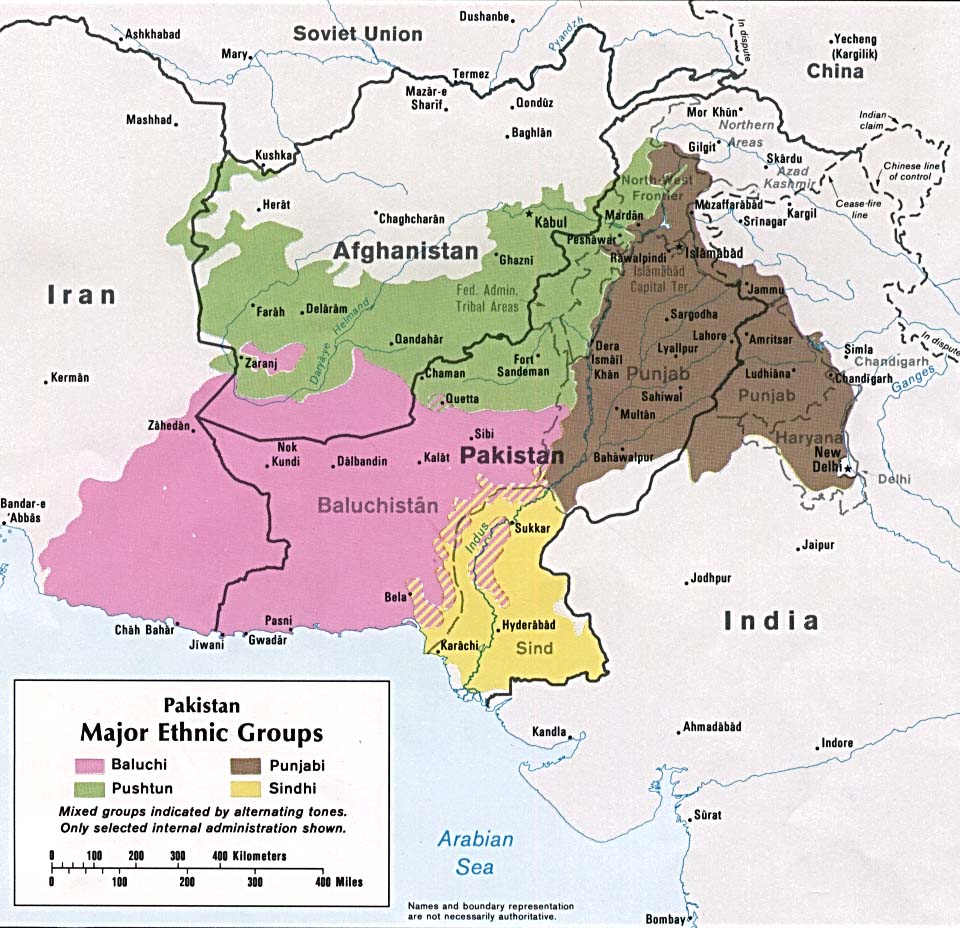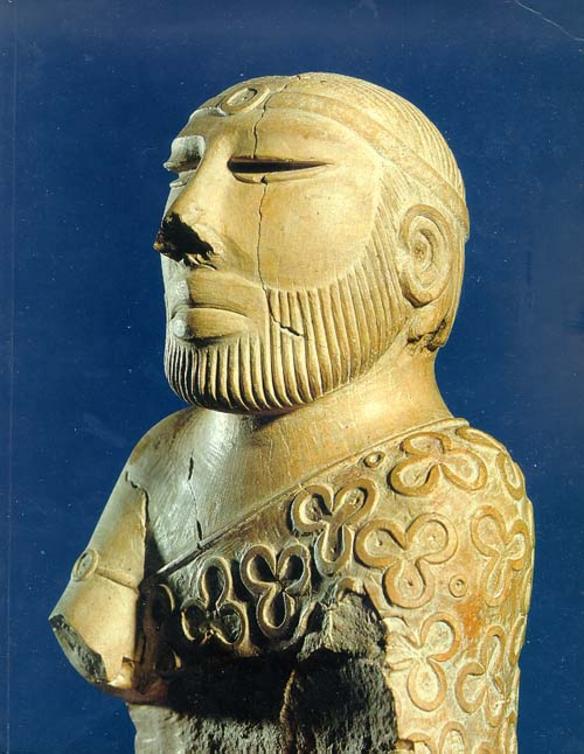Sindhi (South Asian people)
Enlarge text Shrink text- Work cat.: Jeṭlī, M. Avāʼilī shāyaʻa thiyala Sindhī loku kahāṇiyūn, 1986.
- Leyburn handbk. ethno.(Sindi)
- Murdock world cult.:p. 20.
- Pearson, R. Anthro. glossary.
Sindhis (; سنڌي (Perso-Arabic), सिन्धी (Devanagari); romanized: sindhī; pronounced [sɪndʱiː]) are an Indo-Aryan ethnolinguistic group, originating from and native to the Sindh region of Pakistan, who share a common Sindhi culture, history and language. The historical homeland of Sindhis is bordered by southeastern Balochistan; the Bahawalpur region of Punjab; the Marwar and Jaisalmer regions of Rajasthan; and the Kutch region of Gujarat. Sindhis are the third-largest ethnic group in Pakistan, after the Punjabis and Pashtuns. Apart from their traditional homeland, Sindh, in Pakistan; significant Sindhi population exists in exists in India, mostly partition migrants and their descendant, most of whom adhere to Hinduism. Having been isolated throughout history, unlike its neighbours, Sindhi culture has preserved its uniqueness. After the partition of British India in 1947, many Sindhi Hindus and Sindhi Sikhs migrated to the newly independent Dominion of India and other parts of the world; some Sindhis fled and formed diasporas settling in countries such as England and the United States. Pakistani Sindhis are predominantly Muslim, with a large Hindu minority and smaller populations of Christians and Sikhs. The latter are concentrated mostly in the eastern Sindh. Indian Sindhis are predominantly Hindu with smaller Muslim, Christian, Sikh, and Jain minorities. Despite being geographically separated, Sindhis still maintain strong ties to each other and share similar cultural values and practices.
Read more on Wikipedia >
 Topic
Topic












